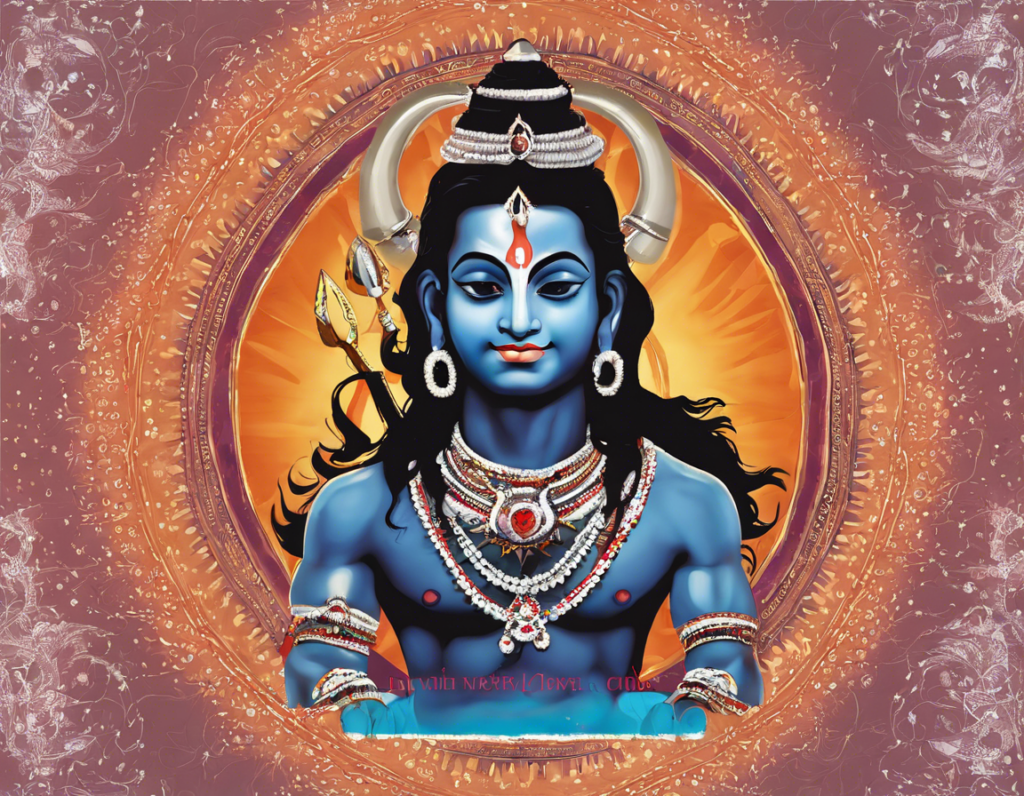Introduction
Maha Shivaratri, also known as Shiv Ratri, is a significant Hindu festival celebrated annually in honor of Lord Shiva. The festival holds immense spiritual and cultural importance for devotees around the world. Maha Shivaratri falls on the 14th day of the dark fortnight in the Hindu month of Phalguna. In 2024, Maha Shivaratri will be observed on February 27th. This auspicious occasion is marked by fasting, offerings, night-long vigils, and prayers to Lord Shiva. The day is believed to be especially powerful for spiritual growth, seeking forgiveness, and gaining blessings from Lord Shiva.
Significance of Maha Shivaratri
Maha Shivaratri holds immense spiritual significance in Hindu mythology. It is believed that on this day, Lord Shiva performed the divine dance of creation, preservation, and destruction. Devotees fast and offer prayers to seek the blessings of Lord Shiva, the destroyer of evil and the provider of transformation. It is a day to cleanse oneself of past sins, meditate, and seek enlightenment.
Rituals and Customs
Maha Shivaratri is observed with great enthusiasm and devotion by millions of devotees worldwide. The following are some common rituals and customs associated with the festival:
1. Fasting: Devotees observe a strict fast on Maha Shivaratri, consuming only milk, fruits, and other fasting-friendly foods. Fasting is believed to cleanse the body and mind, allowing one to connect with Lord Shiva on a deeper spiritual level.
2. Night-long Vigil (Jagran): Many devotees spend the night of Maha Shivaratri in vigil, engaging in prayer, meditation, and chanting of hymns dedicated to Lord Shiva. This night-long vigil is believed to please Lord Shiva and bring blessings to the devotees.
3. Abhishekam: The ritual of Abhishekam involves bathing the Shiva Lingam with water, milk, honey, curd, and ghee, among other sacred substances. It is a way of showing reverence and devotion to Lord Shiva.
4. Offerings: Devotees offer bael leaves, dhatura, flowers, fruits, and coconut to Lord Shiva as part of the worship. These offerings are considered auspicious and are believed to please the deity.
5. Chanting of Mantras: Chanting of sacred mantras dedicated to Lord Shiva, such as the Maha Mrityunjaya Mantra, is considered highly beneficial on the auspicious occasion of Maha Shivaratri.
Mythological Legends
Maha Shivaratri is associated with various mythological legends that highlight the significance of the festival. One such popular legend is the Samudra Manthan or the churning of the ocean by Devas (celestial beings) and Asuras (demons) to obtain the elixir of immortality (amrita). During this churning, a poison known as Halahala emerged from the ocean, threatening to destroy the world. To save the world, Lord Shiva consumed the poison, but Goddess Parvati held his throat to prevent the poison from affecting him. As a result, Lord Shiva’s throat turned blue, earning him the name Neelkanth (the one with a blue throat). Maha Shivaratri is celebrated to commemorate this act of Lord Shiva’s selflessness and to seek his protection.
FAQs about Maha Shivaratri
1. What is the significance of fasting on Maha Shivaratri?
– Fasting on Maha Shivaratri is believed to cleanse the body and mind, enabling devotees to connect with Lord Shiva on a spiritual level. It is considered an act of self-discipline and devotion.
2. Can anyone observe Maha Shivaratri?
– Yes, Maha Shivaratri is a festival that can be observed by anyone, regardless of age, gender, or caste. All are welcome to participate in the rituals and seek the blessings of Lord Shiva.
3. What are the benefits of performing Abhishekam on Maha Shivaratri?
– Performing Abhishekam on Maha Shivaratri is believed to purify the soul, remove obstacles, and bring prosperity and auspiciousness into one’s life. It is a way of showing devotion and reverence to Lord Shiva.
4. Is it necessary to stay awake the whole night on Maha Shivaratri?
– While staying awake the whole night (Jagran) is a common practice on Maha Shivaratri, it is not mandatory. Devotees can choose to engage in prayer, meditation, and spiritual practices based on their convenience and ability.
5. What are the best mantras to chant on Maha Shivaratri?
– Some of the most potent mantras to chant on Maha Shivaratri include the Maha Mrityunjaya Mantra, Om Namah Shivaya, and the Rudra Mantra. Chanting these mantras with devotion can bring peace, protection, and blessings from Lord Shiva.
6. Can non-Hindus participate in Maha Shivaratri celebrations?
– Yes, Maha Shivaratri is a festival that welcomes people of all faiths and backgrounds. Non-Hindus are encouraged to participate in the celebrations, learn about the significance of the day, and seek blessings from Lord Shiva.
Conclusion
Maha Shivaratri is a sacred and auspicious festival that holds deep spiritual significance for millions of devotees worldwide. The day is marked by fasting, prayers, rituals, and devotion to Lord Shiva. By observing Maha Shivaratri with sincerity and faith, devotees seek purity, protection, and blessings from the divine. May this Maha Shivaratri bring peace, prosperity, and spiritual growth to all who celebrate it.
